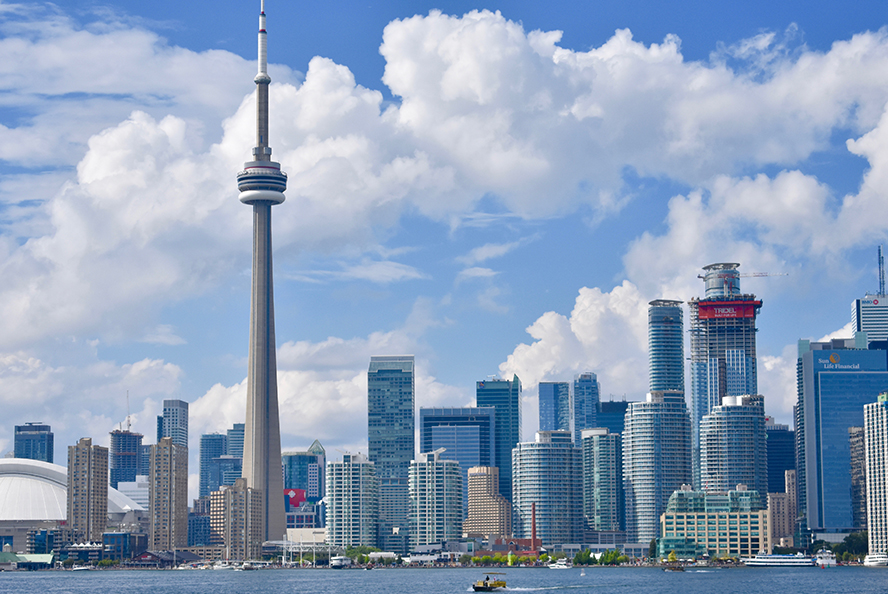The UK’s points-based system treats EU and non-EU citizens equally and aims to attract people who can contribute to the UK’s economy. Irish citizens can continue to freely enter, live and work in the UK.
Free movement with the European Union (EU) ended on 31 December 2020 and there are new arrangements for EU citizens.
Visa application process
New immigration routes have opened for applications to work, live and study in the UK.
Skilled workers
The points-based system includes a route for skilled workers who have a job offer from an approved employer sponsor.
The job you’re offered will need to be at a required skill level of RQF3 or above (equivalent to A level). You’ll
also need to be able to speak English and be paid the relevant salary threshold by your sponsor. This will either
be the general salary threshold of £25,600 or the going rate for your job, whichever is higher.
If you earn less than this - but no less than £20,480 - you may still be able to apply by ‘trading’ points on
specific characteristics against your salary. For example, if you have a job offer in a shortage occupation or
have a PhD relevant to the job.
There is no general route for employers to recruit at or near the minimum wage.
Global talent scheme
The global talent scheme has been opened up to EU, EEA and Swiss citizens. It allows highly-skilled scientists and researchers to come to the UK without a job offer.
International students and graduates
Student visa routes have been opened up to EU, EEA and Swiss citizens. You can apply for a visa to study in the UK if you:
• have been offered a place on a course
• can speak, read, write and understand English
• have enough money to support yourself and pay for your course
A new graduate immigration route will be available to international students who have completed a degree in the UK from
summer 2021. You’ll be able to work, or look for work, in the UK at any skill level for up to 2 years, or 3 years if you
are a PhD graduate.






